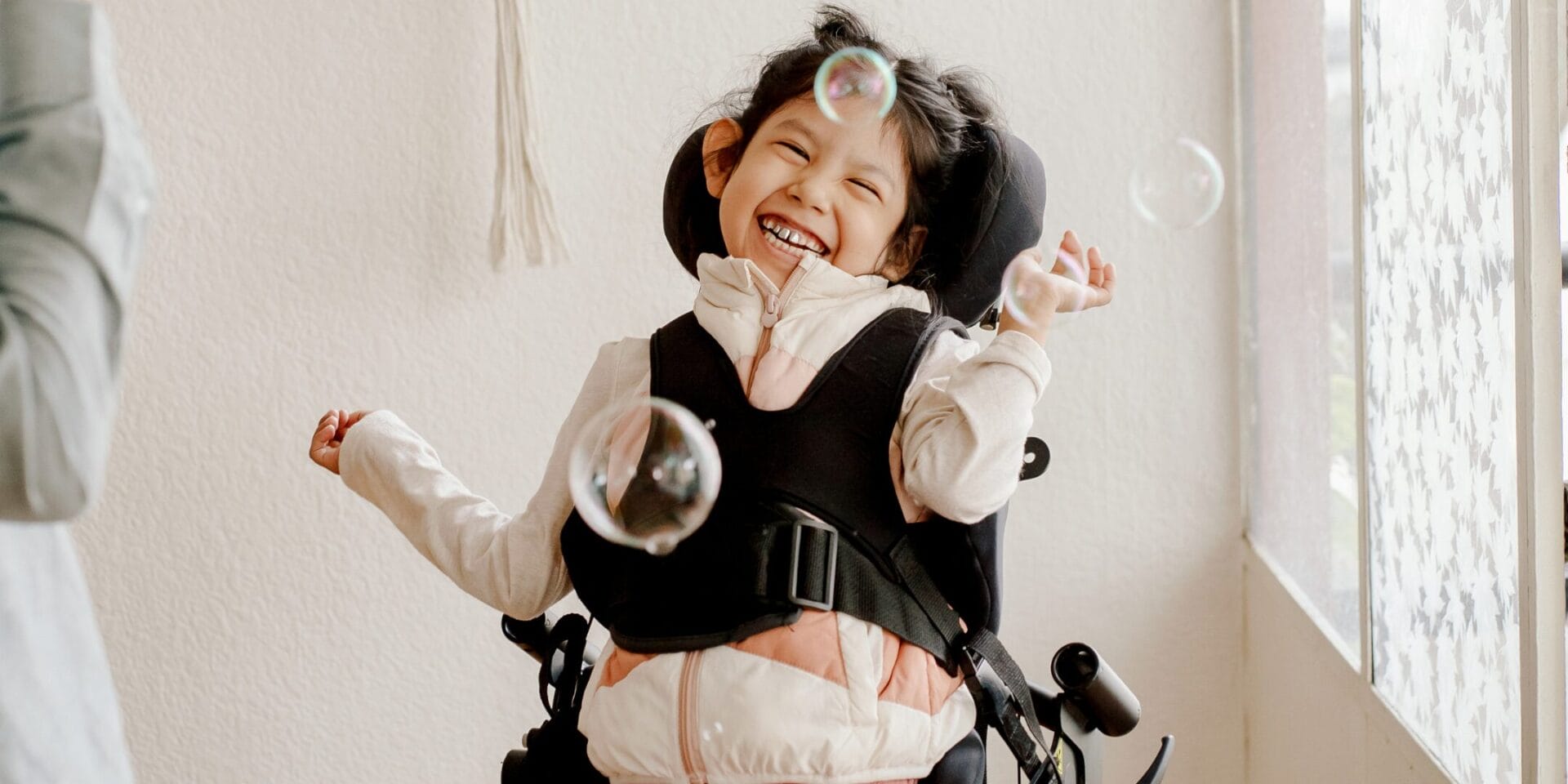Epilepsy affects around 630,000 people in the UK (Epilepsy Research Institute UK) that’s one in every 100 people. For many, seizures can be unpredictable, disruptive, and sometimes life-threatening. But with the right support, personalised planning, and a strong partnership between families, clinicians, and care professionals, people with epilepsy can live safely, confidently, and in their homes and communities.
At Innovate Care Group, we believe that safe seizure management is about more than just clinical protocols. It’s about creating environments where people feel supported, families feel reassured, and care professionals are confident in their roles.
Individualised Care Planning
Every person with epilepsy is different. That’s why a personalised seizure care plan is the foundation of best practice.
A clear plan should include:
- Types of seizures the individual experiences (e.g. tonic-clonic, focal, absence).
- Early warning signs or triggers to watch for.
- Step-by-step guidance on what to do during and after a seizure.
- Medication schedules and any rescue medication protocols.
- When to call for emergency support (999) versus when a seizure can be managed at home.
Plans should be written in accessible language and shared with everyone involved in the person’s care – from family members to school staff, employers and care professionals.
Training and Confidence for Care Professionals
Seizures can be distressing to witness, and confidence is key in responding calmly and effectively. That’s why we deliver competency-based training in:
- Recognising different seizure types.
- Providing safe first aid during and after seizures.
- Administering emergency medications (e.g. buccal midazolam) where required.
- Recording seizure activity for medical review.
Ongoing refresher training, shadowing, and supervision ensure care teams remain confident and up-to-date with best practice.
Creating a Safe Home Environment
Safety at home is essential for independence and peace of mind. Small adjustments can make a big difference:
- Remove sharp edges and consider padded furniture in key areas.
- Install safety equipment, such as seizure monitors, bed rails, or fall mats.
- Adapt bathrooms and kitchens with non-slip flooring and accessible layouts.
- Plan for supervision levels that balance independence with safety.
Environmental risk assessments are part of our mobilisation process, helping families feel reassured that their loved one’s home supports both safety and independence.
Building a Circle of Support
Epilepsy care works best when it’s joined-up care. That means:
- Working closely with neurologists, epilepsy specialist nurses, and GPs.
- Linking families with local epilepsy charities and peer networks for emotional support.
- Ensuring schools, employers, and community services are aware of the individual’s needs and plans.
By building a circle of support, we reduce isolation and empower people with epilepsy to take part in everyday life—whether that’s going to school, enjoying hobbies, or attending community events.
Holistic Wellbeing
Seizures are only one part of the picture. Living well with epilepsy also means paying attention to:
- Mental health – addressing anxiety or low mood linked to unpredictability.
- Lifestyle – encouraging sleep, nutrition, and exercise that support stability.
- Independence – supporting education, work, and social opportunities.
Our approach at Innovate Care Group is always person-centred, seeing the whole individual, not just their condition.
Final Thoughts
Living with epilepsy can be challenging, but with best practice seizure management at home and in the community, people can live full, safe, and independent lives. At Innovate, we are committed to building personalised care pathways that give families reassurance, empower care professionals, and most importantly, help people with epilepsy thrive.
If you’d like to learn more about how we support people with epilepsy and other complex health conditions, get in touch with our team today: [email protected]



